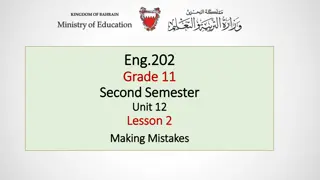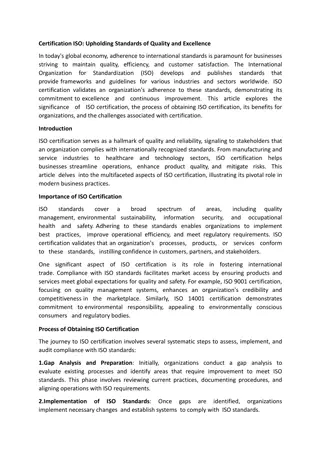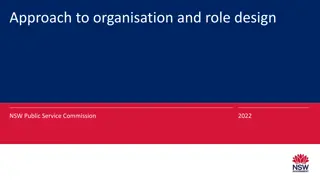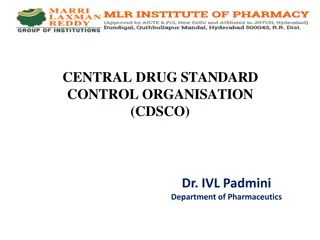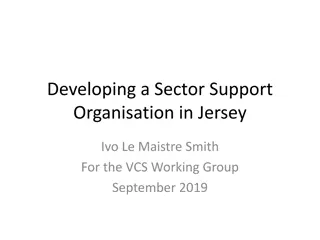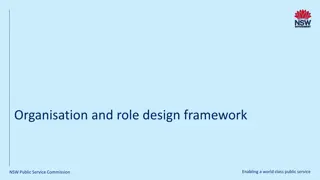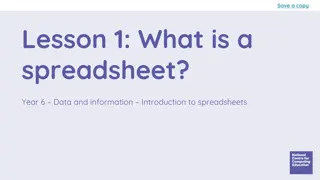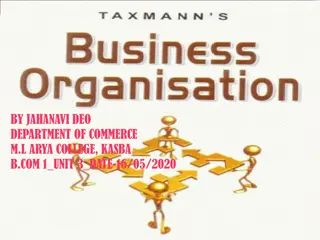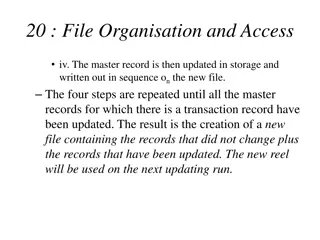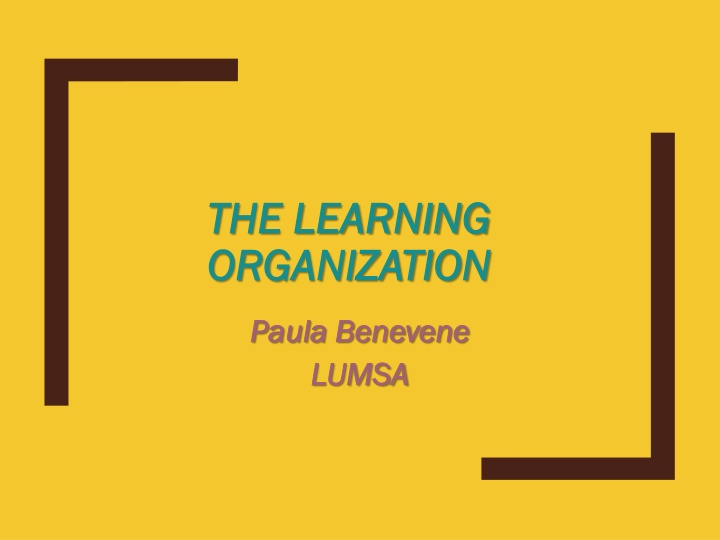
Learning Organizations: The Essence of Knowledge Generation
Explore the essence of knowledge generation within learning organizations, focusing on individual and organizational learning, cognitive change, and characteristics of knowledge. Discover how learning organizations thrive by embracing systematic problem-solving, testing new approaches, and transferring knowledge effectively.
Download Presentation

Please find below an Image/Link to download the presentation.
The content on the website is provided AS IS for your information and personal use only. It may not be sold, licensed, or shared on other websites without obtaining consent from the author. If you encounter any issues during the download, it is possible that the publisher has removed the file from their server.
You are allowed to download the files provided on this website for personal or commercial use, subject to the condition that they are used lawfully. All files are the property of their respective owners.
The content on the website is provided AS IS for your information and personal use only. It may not be sold, licensed, or shared on other websites without obtaining consent from the author.
E N D
Presentation Transcript
THE LEARNING THE LEARNING ORGANIZATION ORGANIZATION Paula Benevene Paula Benevene LUMSA LUMSA
Knowledge in learning Knowledge in learning organization organization The starting point is individual learning; To generate knowledge, organizations must learn; Organizations learn on an individual, group and organizational level; Learning to move from the individual to the organizational level (and vice versa) must be supported at the organizational level.
Knowledge in learning Knowledge in learning organization organization Knowledge must generate cognitive change, new actions and behaviors; Useful knowledge is development and competitiveness; There is no useful and replicable knowledge for all organizations: knowledge organizational reality and is the only resource that cannot be imitated by the competition. Not all the knowledge generated is certainly useful for organizational development; that which generates is specific to each
The learning organization is The learning organization is characterized by characterized by (Garvin, 1993) (Garvin, 1993) Systematic problem-solving; Testing of new approaches; Learning from one's own experience and the past; Learning from the experience and best practices of others; Quick and effective transfer of knowledge within the organization.
Knowledge is not information Knowledge is not information (Foray,2006) (Foray,2006) Knowledge refers to cognitive ability; Knowledge cannot be separated from the individual, unlike information. Information is structured data that remains passive or inert until used by someone who has the knowledge to interpret and process it;
Characteristics of knowledge Characteristics of knowledge (Foray,2006) (Foray,2006) 1. New knowledge comes from a discovery or invention; knowledge is "created by man", it does not exist in nature; 2. Knowledge is an inexhaustible resource; 3. Knowledge is not a pure public good (i.e. a good that is difficult, or impossible, to produce for private profit).
Characteristics of knowledge Characteristics of knowledge (Foray,2006) (Foray,2006) 5. Knowledge is cumulative: an organization can create new knowledge only starting from the knowledge it already has at its disposal; 6. New knowledge in turn can generate more knowledge (e.g. research on sending satellites into space has generated machinery such as CT).
Cultural barriers and Obstacles of Cultural barriers and Obstacles of knowledge creation knowledge creation Individualistic culture generates fragmentation; Rigid separations, which do not allow rigid and non- communicative comparison between the various functions, units and departments; Time is money attitude; Lack of perception of usefulness of sharing knowledge (or perception of a risk); Strong and rigid professional identities. and communication
Tacit knowledge and explicit Tacit knowledge and explicit knowledge knowledge (Polanyi, 1966) (Polanyi, 1966) Each of us knows much more than we can express; Understanding (which generates knowledge) "is a personal act that cannot be replaced by a formal operation"; Each discovery (or new individual nature; The personal participation of learners is necessary and indispensable; Problem solutions generate discoveries that use tacit knowledge. knowledge) has an
Organizational Organizational Learning Learning organization organization learning learning vs vs Organizational Organizational learning It refers to a process by which a person or a group of people implement skills that create positive change (including in response to mistakes made). learning: Learning Learning organization organization: : It is a way of structuring and functioning of the organization which allows you to learn, change and improve continuously.
Organizational learning Organizational learning entails: entails: Cognitive changes Behavioral changes
To generate knowledge you To generate knowledge you need: need: An organizational culture that promotes innovation, knowledge exchange, reflexivity; An infrastructure promotes practices, etc.; A structure dedicated to the transfer of knowledge between organizational components. that supports and the various




